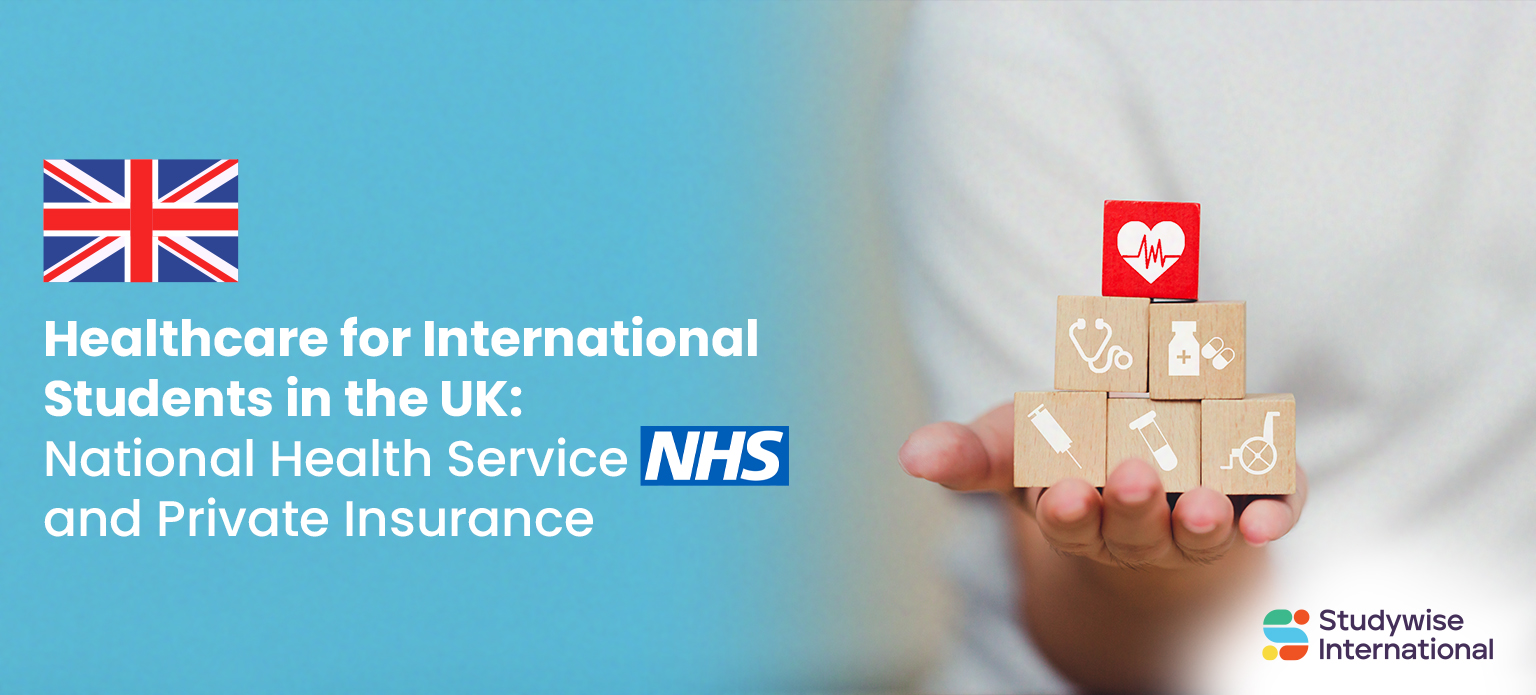
Healthcare for UK Students: NHS and Private Insurance
- Categories All Study in Abroad Blogs, Studying Abroad
- Date May 31, 2024
Often, being away from home comes with the concern of physical and mental well-being. International students in the UK can enrich their educational experience with a high-end lifestyle supported by its quality healthcare. With the power of advanced medicine and treatments, the UK healthcare system ranks #18 in the World Healthcare Index 2024. From general counselling to treatment or medication, they can access healthcare services in some of the most renowned healthcare facilities. However, they must understand the healthcare system in the UK to fruit its benefits.
The National Health Service (NHS) covers most medical services and requirements without bulging on the quality. International students don’t necessarily need private health insurance to gain access to their services. However, they will need private health insurance if they wish to seek medical treatment in private clinics or hospitals in the UK. Most UK health insurance avail access to the high-class private and public hospital in the UK. Choosing one is not an easy task. But having one keeps the mind at peace. The coverage, amount and other key factors could vary with insurance and its providers. In effect, students must choose their insurance wisely.
In this blog, we will delve into NHS, IHS and private health insurance in depth.
Read more: 5 reasons to study in the UK in 2024
National Health Service (NHS)
The National Health Service (NHS) is a publically-funded yet one of the most advanced healthcare systems in the world. It has been managing the healthcare services and requirements within the country since 1948. From appointments to treatments, it covers the healthcare needs of all residents of the UK. Not only that, it also prioritises awareness and education on common diseases, their diagnosis and cure. International students too can benefit from its world-class infrastructure and treatment. They can seek shelter in its safe, secure and modern services and support anytime they need during their stay. The UK has a significantly large number of professionals who graduated from India. In effect, Indian students can look forward to seeing some friendly faces. Notably, they must obtain access to these services during their visa process.
Read more: Student Visa Requirements in the UK
Read more: IELTS vs IELTS UKVI: Understanding the Difference
Immigration Health Surcharge (IHS)
As a part of the visa process, students must pay a fee of £624 or about INR 66,390 towards IHS. With that, they can consult a doctor, avail emergency services or seek a physical and mental health diagnosis under the NHS. International students can further reissue their access to NHS at £470 per year during their stay. However, students enrolled on a course of duration less than six months only need to pay £235 or INR 25,000. This entitles them to seek medical assistance at the NHS with no overhead charges. Notably, there are exceptions and not all services are covered under the plan.
Once in the UK, they further need to register with a GP through their websites or in person. A GP works in local clinics alongside other doctors, nurses and administrative staff. Registering with one puts them in charge of your ongoing healthcare and medical history. They will need your student residence card, IH reference numbers and a GMS 1 registration form. From a GP, you can be recommended to specialists or consultants as and when needed. Notably, the visits to a specialist and treatments are not covered by the NHS and might require students to pay for them out of their pockets.
Read more: Pre-departure Guide for Indian Students Flying to the UK
Coverage with the NHS
NHS offers national-level healthcare to all UK residents with a valid NHS number. This unique number allows them to seek coverage on doctor consultancies, clinic visits and emergency treatments. The NHS number contains the medical history of the patient. International students can get treatment on consultation for minor injuries or contraception. They can also see a specialised professional as long as they have a recommendation from their General Practitioner (GP). However, in most cases, the NHS doesn’t cover prescription medication and extensive treatments like dental or eye care and wigs and fabric supports. Even without private health insurance, these treatments are quite affordable.
For instance, examination, diagnosis, preventative care, and emergency care such as pain relief or a temporary filling could cost £23 80. Whereas actual fillings, root canals, or tooth extractions could go up to £65.20. Notably, these payments are made per procedure and not based on the trip it took. Prescription charges under the NHS are £9.35 per item. However, minors, hospital inpatients, pregnant women and the ones who recently had a baby don’t need to pay for prescription medication. The same liberty is extended to individuals with medical conditions like cancer, diabetes, or epilepsy. Furthermore, one can save on these charges by obtaining a prescription prepayment certificate (PPC) of £30.25 (3M) or £108.10 (12M).
Have a query? Connect with Studywise International for FREE CONSULTATION today!
You may also like

Ireland Intake 2024-25: Universities & Preparation Timeline

TOEFL Scoring System and Validity


